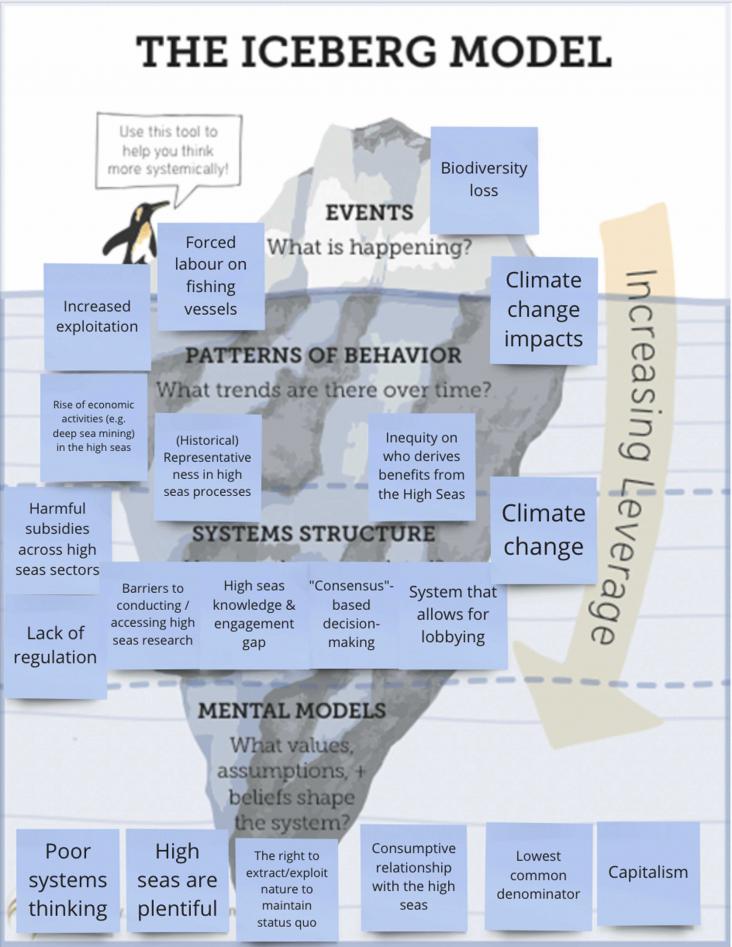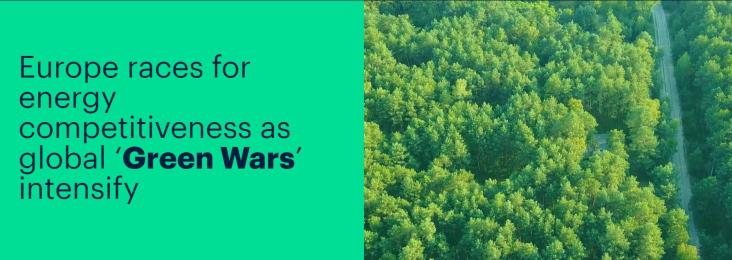This study systematically evaluates the successful human stewardship in managing marine protected areas to provide useful lessons for future marine conservation actions.
The living infinite: Envisioning futures for transformed human-nature relationships on the high seas
Marine Policy, Volume 153, 2023, 105644, ISSN 0308-597X

We are at a critical crossroads for the future governance of the high seas. We used the Nature Futures Framework to explore desirable futures for the high seas. Creative endeavours of co-production encourage imagination to address challenges. Participatory processes are important tools in the science-policy interface. Stories and art can be powerful ways to overcome barriers.
This article advances SDG # 13 by quantifying the extent - and rigor - of existing regulation and makes recommendations for future policies for addressing the issue of Methane emissions.
This article supports SDG # 13 by calculating the share of climate damages that fossil fuel companies owe the world.
This study proposes a deep learning model based on a convolutional neural network, which can effectively fuse atmospheric information (wind field) and station water level information and can effectively forecast the station water level and also have a good response to the anomalous water level increase brought by storm surge.
Selective copepod grazing and water mass origin impacted spring bloom composition. Diatom bloom enhanced zooplankton recruitment and deep carbon export. Spring bloom composition impacted summer plankton community. Mixo- and heterotrophic protists dominated the nutrient-poor summer months. Copepod grazers controlled the summer protist community.
Elsevier,
Recent Advancements in Wastewater Management: Implications and Biological Solutions, 2023, pp 109-132
This chapter aligns with Goal 6: Clean Water and Sanitation and Goal 13: Climate Action by discussing the role and challenges of wastewater irrigation in agriculture in response to declining freshwater resources.

This article, relating to SDGs 7 and 13, details Europe's race to maintain its position as a leader in renewable energy as global green wars intensify. Although Europe is investing heavily in new green technologies, they face significant challenges including increasing competition from countries like China and the US, as well as political and economic challenges.
The survey presented here was conducted to better understand public perceptions of climate change, human impacts and the value and management of marine and coastal ecosystems.
This chapter advances UN SGD goal 2: Zero Hunger by providing insight into adapting agriculture to changing climate conditions.
